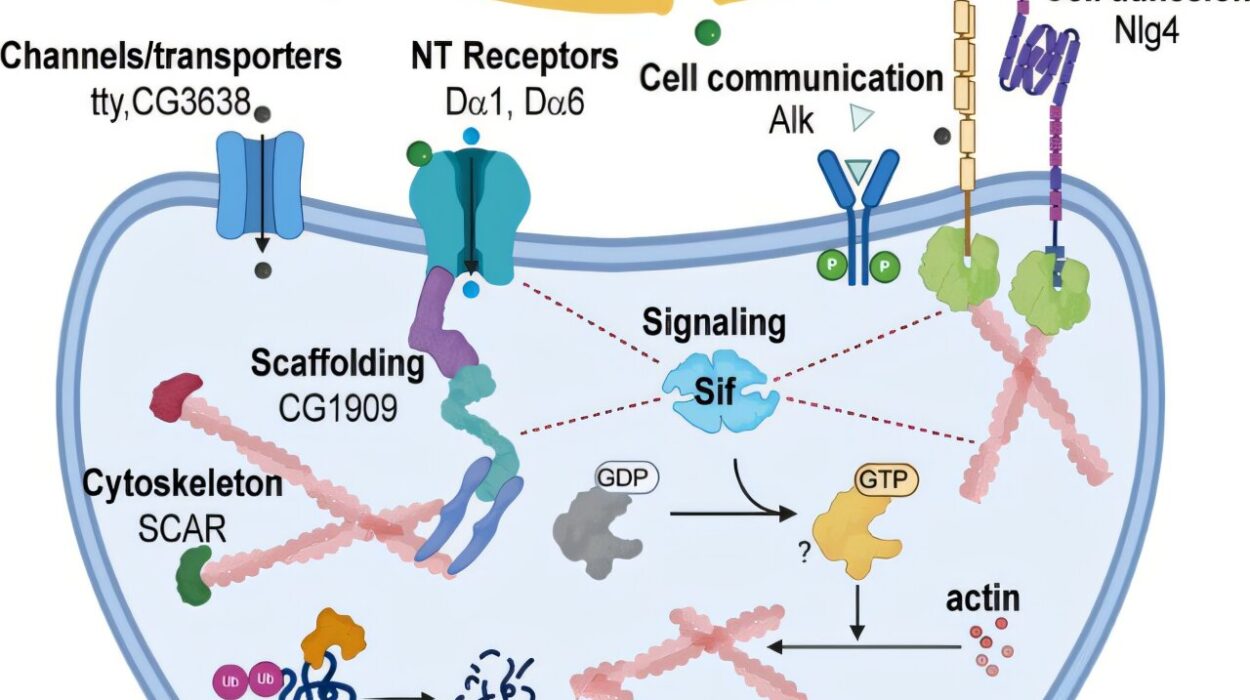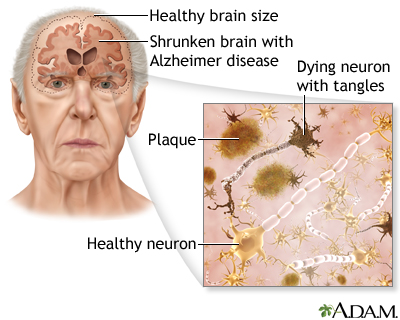Imagine sitting in a crowded café, surrounded by the clinking of cups, the hiss of an espresso machine, and the chatter of dozens of voices. Yet, somehow, you’re able to focus on the words of your friend across the table. This seemingly simple act—tuning into one voice while ignoring dozens of competing sounds—is actually one of the brain’s most complex feats.
For many of us, it can be tiring or nearly impossible to keep focus in such environments. But according to a new study from Karolinska Institutet, published in Science Advances, musicians have an edge. People with music training are better at focusing their attention on the right sounds while filtering out distractions, suggesting that learning music may literally sharpen the brain’s powers of attention.
How Music Training Strengthens Attention
The study highlights two types of attention at work in the brain:
- Top-down attention, which is conscious and intentional—like focusing on your friend’s words at the café.
- Bottom-up attention, which is automatic and reactive—like turning your head when someone drops a plate.
Musical training, researchers found, strengthens the brain’s ability to use top-down attention while reducing the pull of bottom-up distractions. In other words, musicians are not only better at locking onto the sounds they want to hear but are also less easily sidetracked by random noises.
“Our results suggest that music training strengthens the brain’s ability to focus under distracting conditions,” explains Cassia Low Manting, lead author of the study and a researcher at the Department of Clinical Neuroscience at Karolinska Institutet.
Inside the Study: Listening Between the Notes
To uncover these effects, researchers asked participants to listen to two melodies played at the same time, each with different pitches. Their task was to track the pitch changes of just one melody while ignoring the other.
Using a brain-monitoring technique called frequency tagging, the scientists could measure how strongly participants’ brains responded to each melody. Two separate experiments—one with 28 participants and another with 20—tested how people’s brains balanced conscious attention with automatic distraction.
The results were striking: participants with higher musical ability showed stronger brain responses to the chosen melody (evidence of focused, top-down attention) and weaker responses to the distracting melody (evidence of reduced bottom-up interference).
Beyond Hearing: Music as Cognitive Training
The findings suggest that music training goes beyond improving listening skills—it may also act as a workout for the brain’s attention systems. By learning to follow complex rhythms, harmonies, and melodies, musicians may be training the brain to prioritize important signals and ignore irrelevant noise.
“It’s interesting to see how music training not only improves hearing but also the brain’s ability to maintain attention over time,” says Manting. “This may have applications in education and rehabilitation, where music can be used as a tool to improve attention and cognitive control.”
Such insights have wide-reaching implications. For children, music education could enhance focus and academic performance. For adults, especially those facing cognitive challenges or recovering from brain injuries, structured music training might serve as a powerful therapeutic tool.
What the Study Does—and Doesn’t—Prove
The researchers are careful to note that their findings do not prove a direct causal link between music training and improved attention. It’s possible, for instance, that people who naturally excel at attention are also more likely to succeed in music. However, the evidence strongly supports the idea that engaging with music positively influences how the brain manages focus and distraction.
The study was a collaboration between Karolinska Institutet in Sweden and the Massachusetts Institute of Technology (MIT), combining expertise in neuroscience and cognitive science to unravel the brain’s intricate relationship with music.
The Bigger Picture: Music as a Bridge Between Art and Science
This research adds to a growing body of evidence that music is far more than entertainment. It shapes the brain, strengthens memory, enhances emotional regulation, and now appears to fine-tune our attention systems.
For musicians, this may feel like a validation of what they’ve long experienced—that the discipline of practicing scales, rhythms, and melodies sharpens not only artistic ability but also mental clarity. For educators, it offers a scientific argument for keeping music programs alive in schools. And for anyone struggling to focus in a noisy world, it hints at a fascinating possibility: that picking up an instrument could train the brain to listen more deeply, more selectively, and with greater resilience.
Conclusion: The Music of the Mind
At its heart, the study reminds us that music is not just sound—it is a dialogue between the ear and the brain, a training ground for attention, and a bridge between creativity and cognition. Whether you are a lifelong musician or someone who has always wanted to learn an instrument, science suggests that the benefits extend far beyond music itself.
In a world filled with noise, music may be the key to finding focus.
More information: Cassia Manting et al, How musicality enhances top-down and bottom-up selective attention: Insights from precise separation of simultaneous neural responses, Science Advances (2025). DOI: 10.1126/sciadv.adz0510






